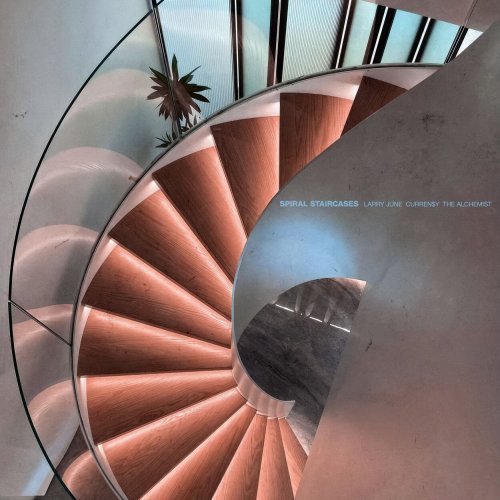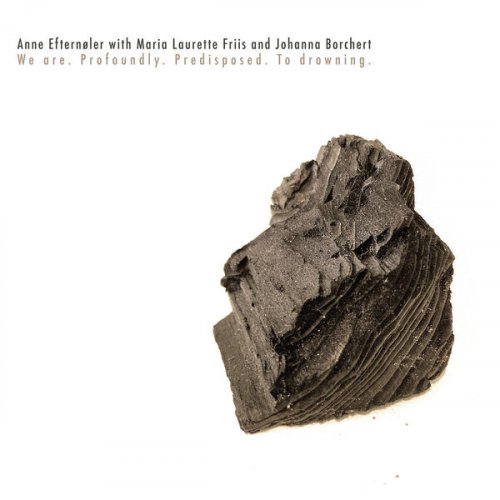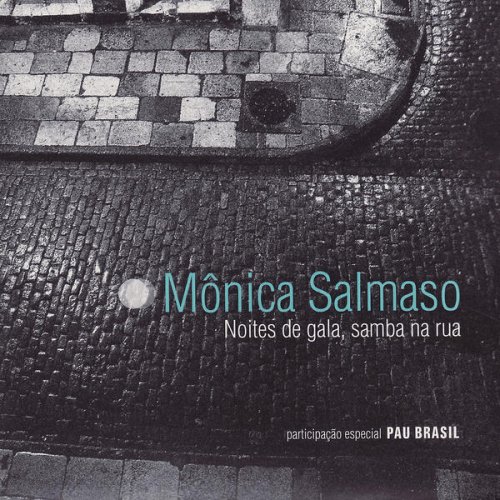Eric Reed - A Light in Darkness (2017) CDRip
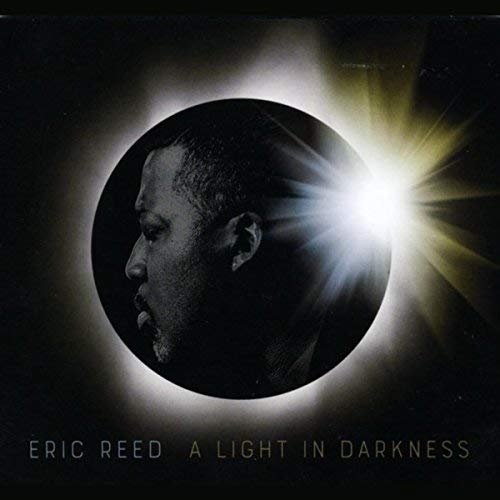
Artist: Eric Reed
Title: A Light in Darkness
Year Of Release: 2017
Label: WJ3 Records
Genre: Contemporary Jazz, Post-Bop
Quality: FLAC (tracks+.cue, log, Artwork)
Total Time: 46:42
Total Size: 238.5 MB
WebSite: Album Preview
Tracklist: Title: A Light in Darkness
Year Of Release: 2017
Label: WJ3 Records
Genre: Contemporary Jazz, Post-Bop
Quality: FLAC (tracks+.cue, log, Artwork)
Total Time: 46:42
Total Size: 238.5 MB
WebSite: Album Preview
01. The Way to Love (2:56)
02. Calvary (10:31)
03. The Promised Land (5:00)
04. Beauty for Ashes (7:52)
05. Hope in View (3:34)
06. Shine (3:42)
07. Garden of Sorrow (7:44)
08. Yesterday - Yesterdays (5:23)
Eric Reed, a commanding presence on the jazz scene since at least 1990, when he was hired to the piano post in Wynton Marsalis’ band, has always hinted at a deep vein of spirituality in his music, variously expressed in individual pieces as well as in his nods and tributes to Coltrane, Monk and others. Reed comes by that consciousness-expanding naturally, as he was just a child when he helped provide music for a Holiness church in his native West Philadelphia, where he discovered that his piano playing moved congregants emotionally.
He continues that journey with A Light in Darkness, starting with “The Way to Love,” led by singer Jamison Ross and offering a message of hope and positivity referencing the Gospel of John as well as Martin Luther King Jr. On the African-American spiritual “Calvary,” Reed opens alone with a gospel-blues piano incantation. The take is driven by McClenty Hunter’s cymbal swells and flourishes and Tim Green’s keening saxophone, and it provides wide-open space for Ben Williams’ earthy, unaccompanied bass figure; then comes the sweet swing, with one of many gently exploratory solos by the leader.
“The Promised Land,” honoring several of Reed’s ancestors who helped folks escape slavery via the Underground Railroad, benefits from a serpentine piano-sax melody and heady cat-and-mouse improvisations by Green and Reed. Ross returns for another message of positivity on the minor-to-major “Hope in View”: “This is not the end/Hearts and minds, in time, can be renewed.”
With music as vigorous, refreshing and deeply tradition-rooted as this album, including a closing melding of a reharmonized version of McCartney’s “Yesterday” with a lovely take on the standard “Yesterdays,” there’s reason to believe that our era’s spiritual malaise may not be a permanent affliction.
He continues that journey with A Light in Darkness, starting with “The Way to Love,” led by singer Jamison Ross and offering a message of hope and positivity referencing the Gospel of John as well as Martin Luther King Jr. On the African-American spiritual “Calvary,” Reed opens alone with a gospel-blues piano incantation. The take is driven by McClenty Hunter’s cymbal swells and flourishes and Tim Green’s keening saxophone, and it provides wide-open space for Ben Williams’ earthy, unaccompanied bass figure; then comes the sweet swing, with one of many gently exploratory solos by the leader.
“The Promised Land,” honoring several of Reed’s ancestors who helped folks escape slavery via the Underground Railroad, benefits from a serpentine piano-sax melody and heady cat-and-mouse improvisations by Green and Reed. Ross returns for another message of positivity on the minor-to-major “Hope in View”: “This is not the end/Hearts and minds, in time, can be renewed.”
With music as vigorous, refreshing and deeply tradition-rooted as this album, including a closing melding of a reharmonized version of McCartney’s “Yesterday” with a lovely take on the standard “Yesterdays,” there’s reason to believe that our era’s spiritual malaise may not be a permanent affliction.
![Brandon Seabrook - Hellbent Daydream (2026) [Hi-Res] Brandon Seabrook - Hellbent Daydream (2026) [Hi-Res]](https://www.dibpic.com/uploads/posts/2026-02/1771429539_a1475136036_10.jpg)
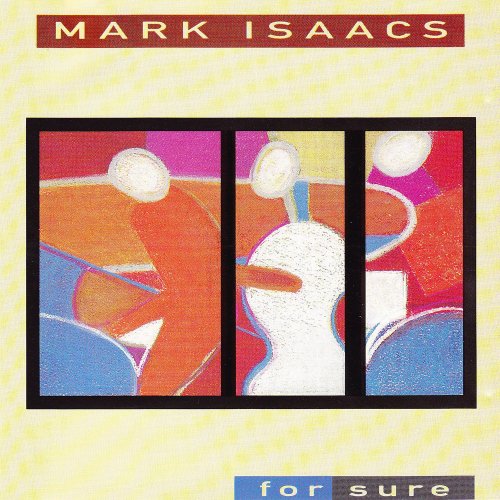
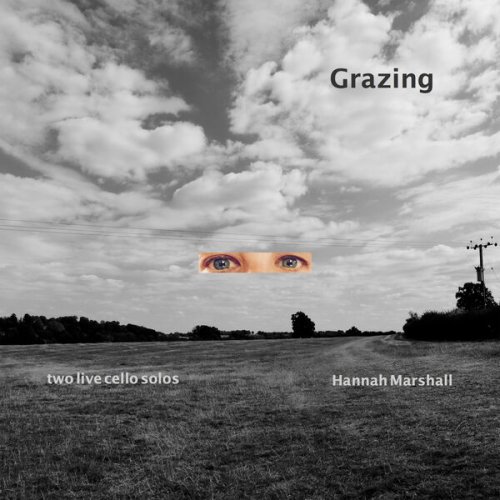
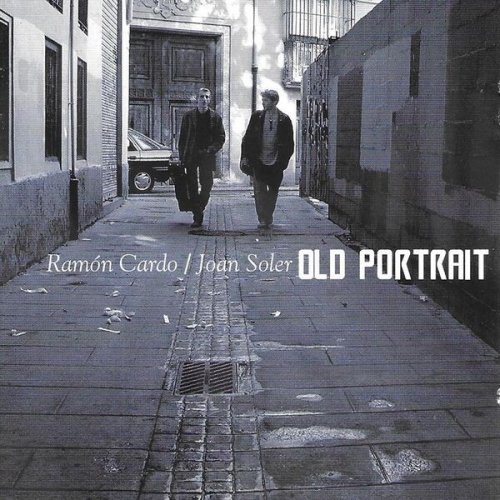
![Noga - Heroes in The Seaweed (2025) [Hi-Res] Noga - Heroes in The Seaweed (2025) [Hi-Res]](https://www.dibpic.com/uploads/posts/2026-02/1771663366_nhs500.jpg)
